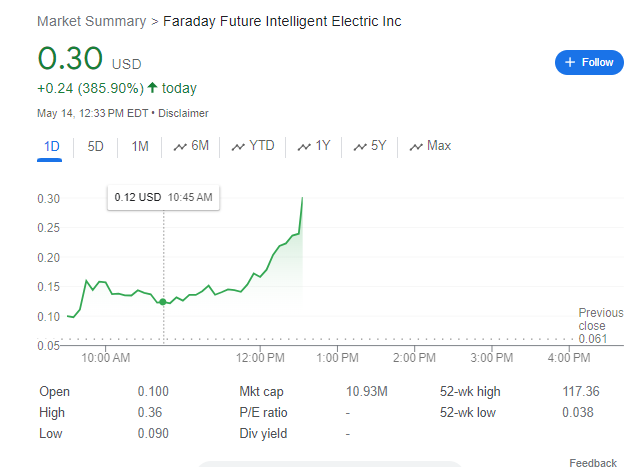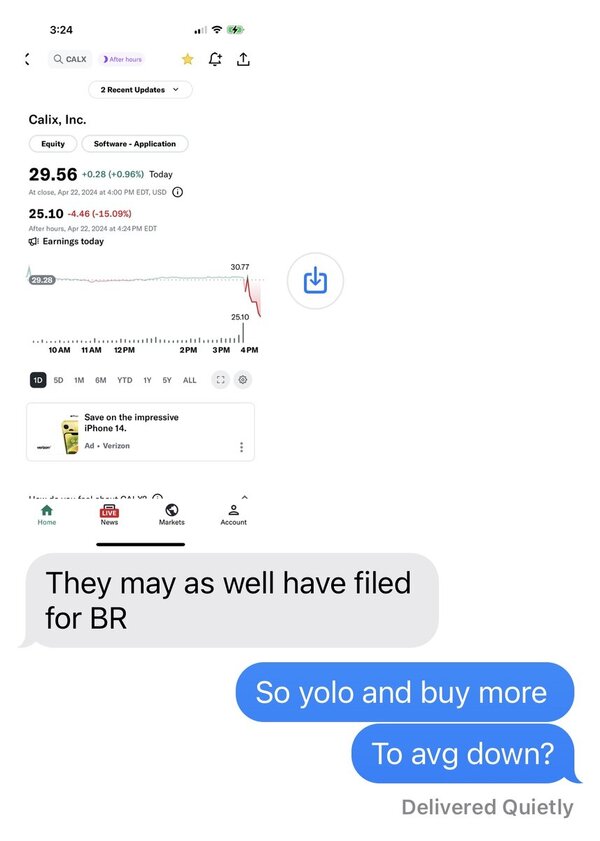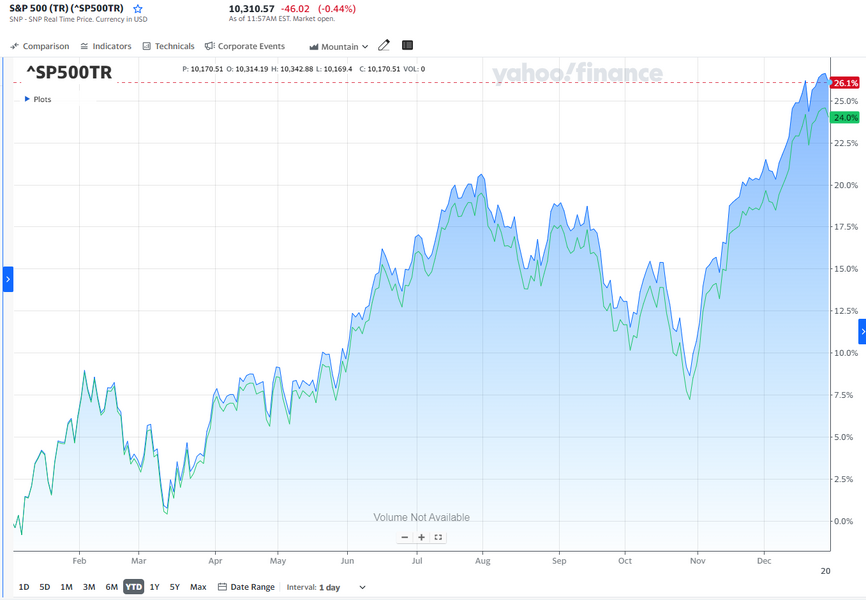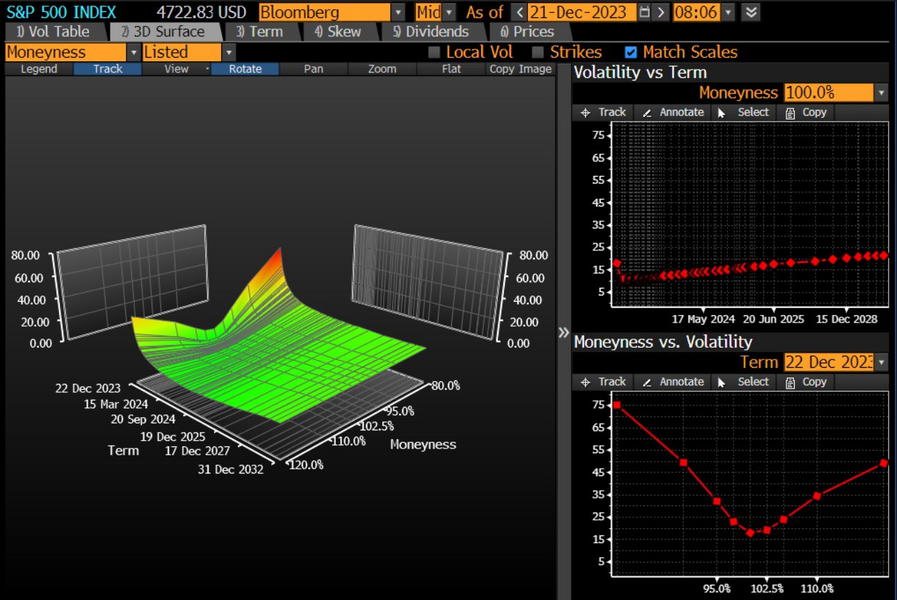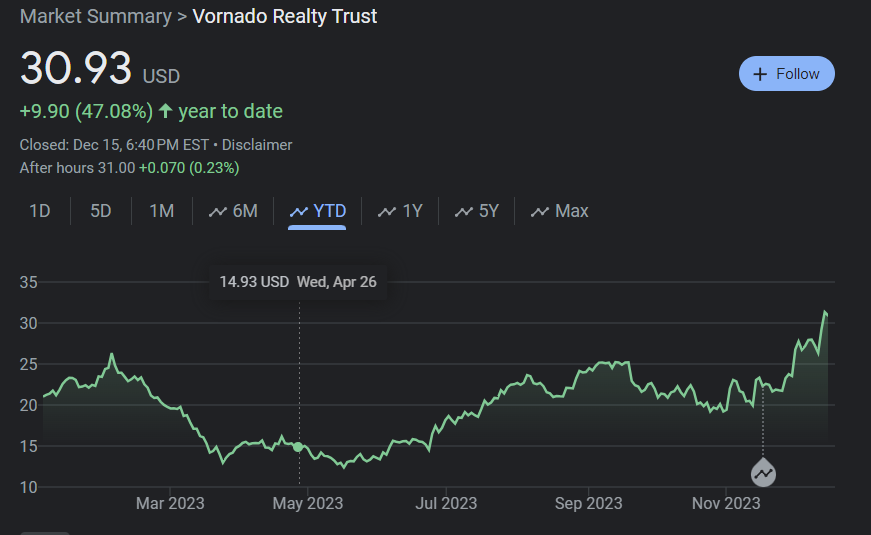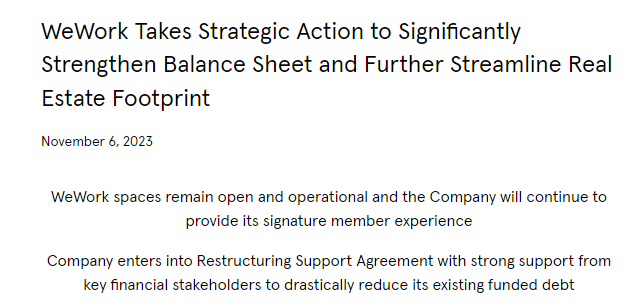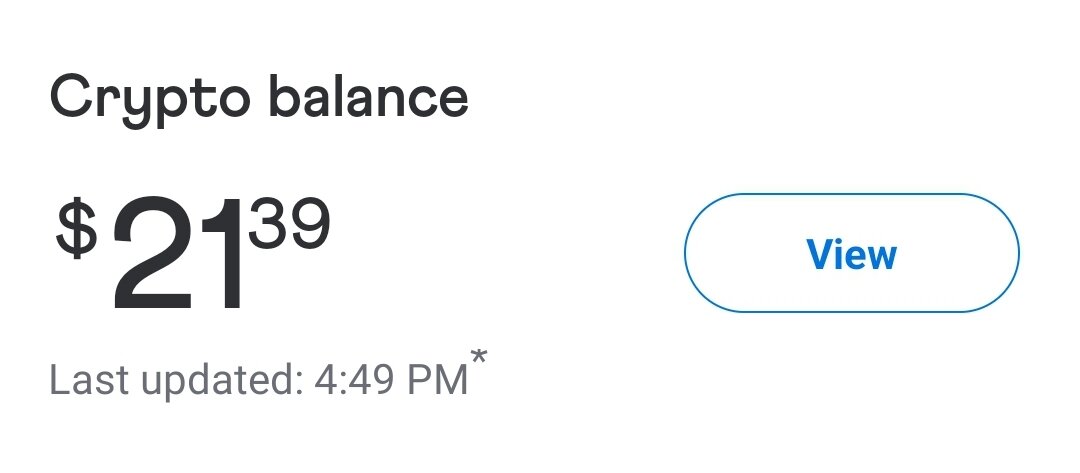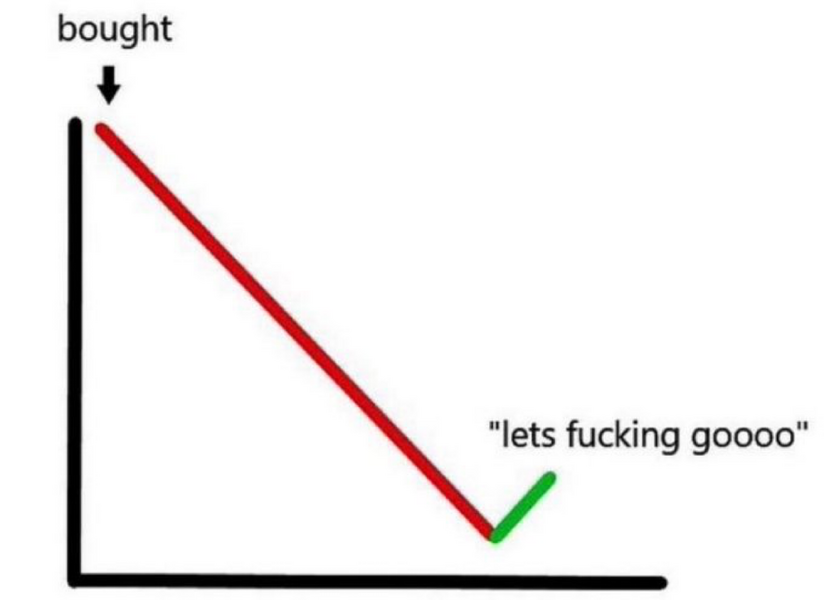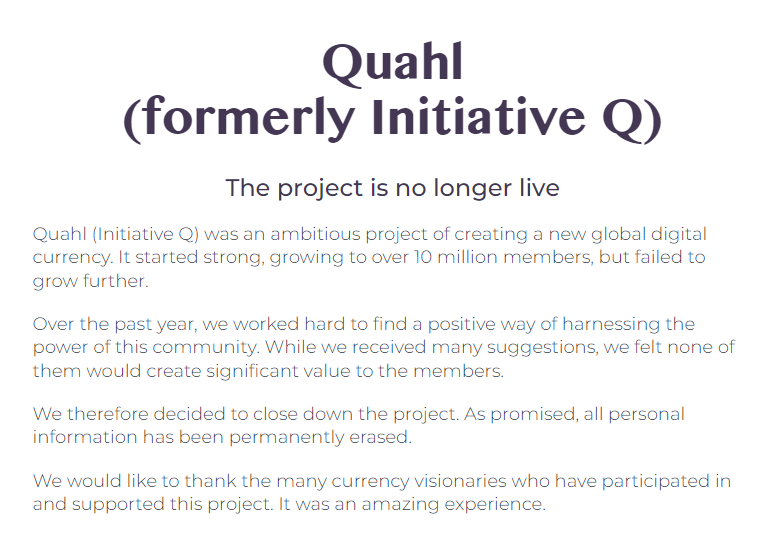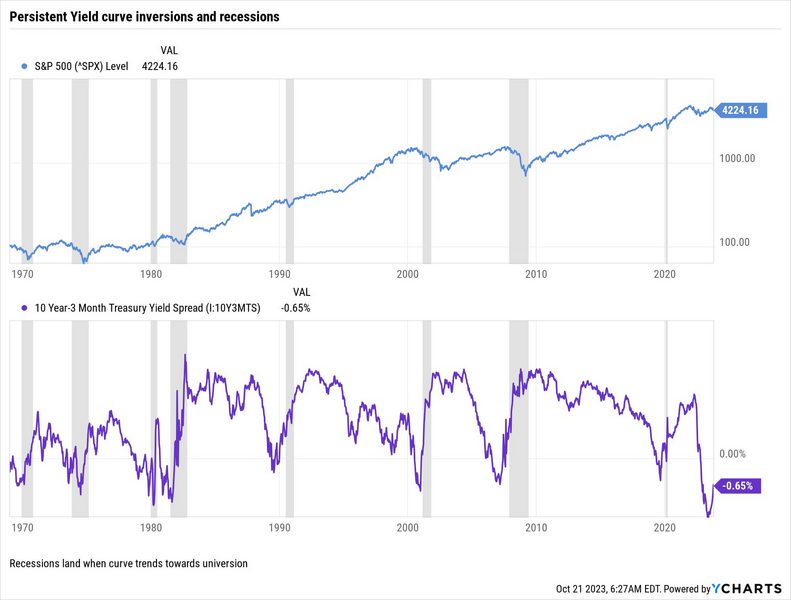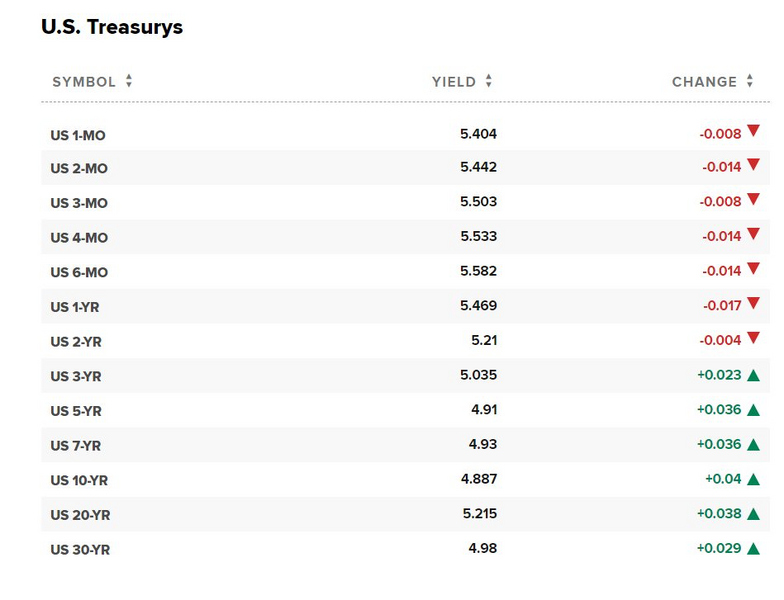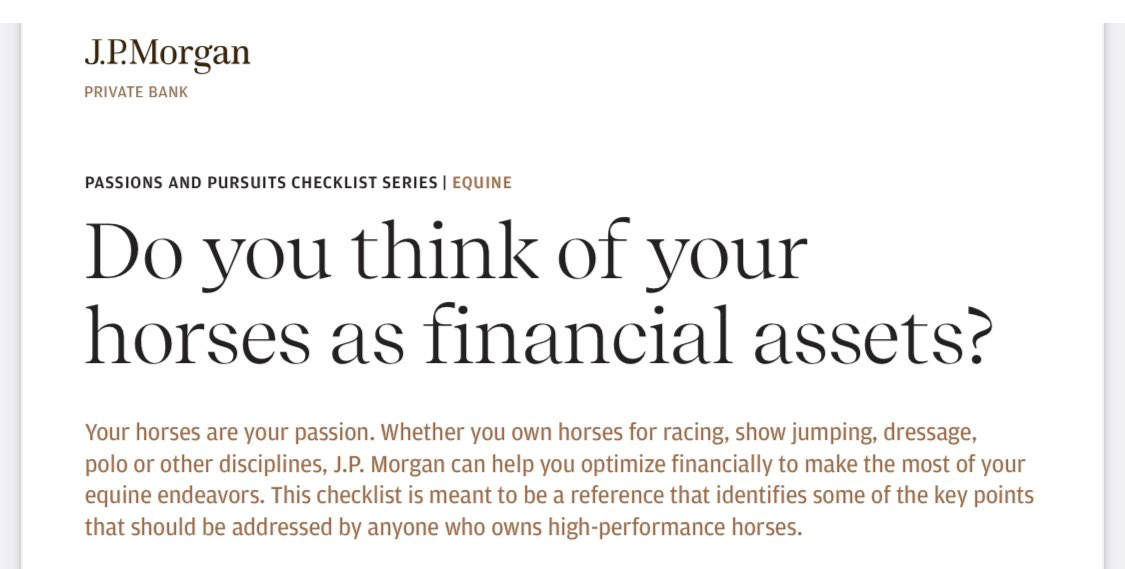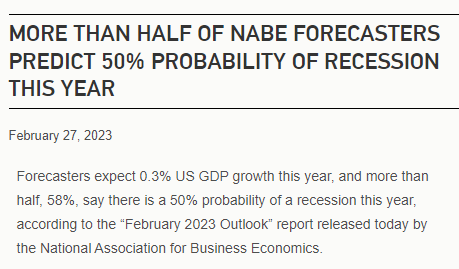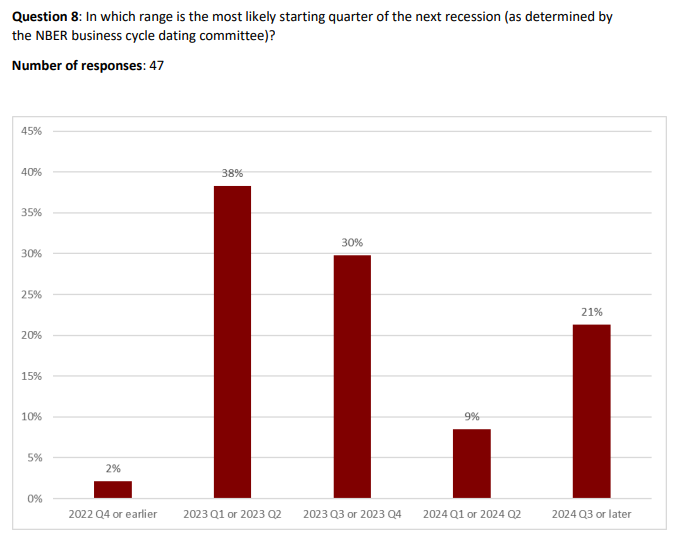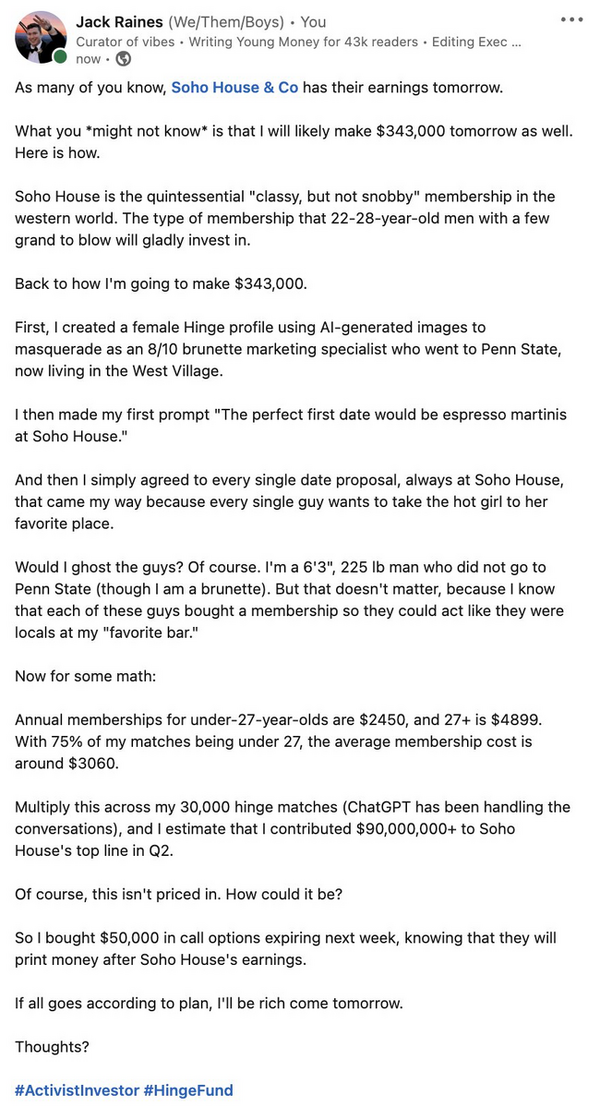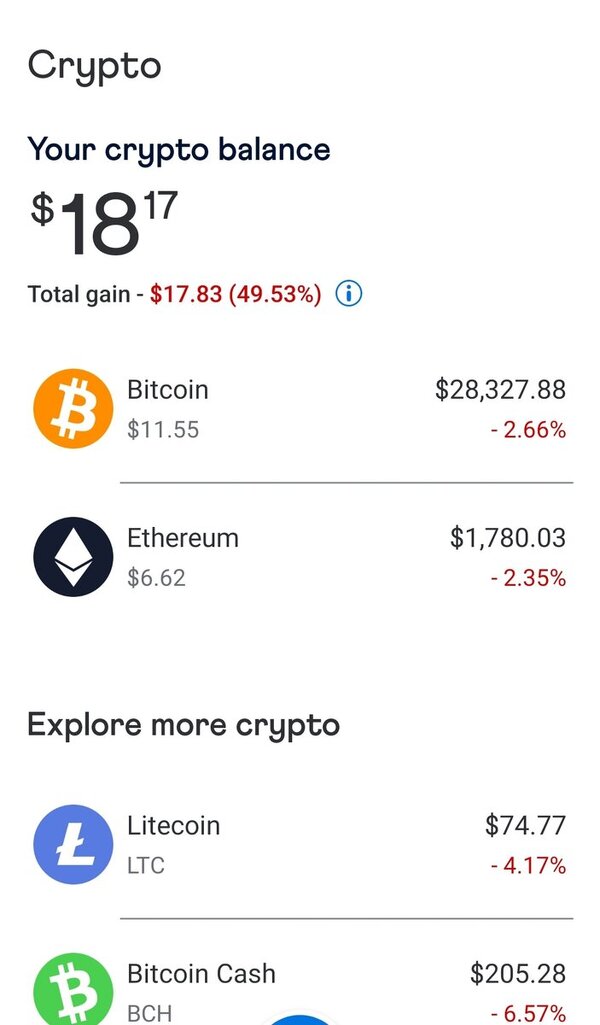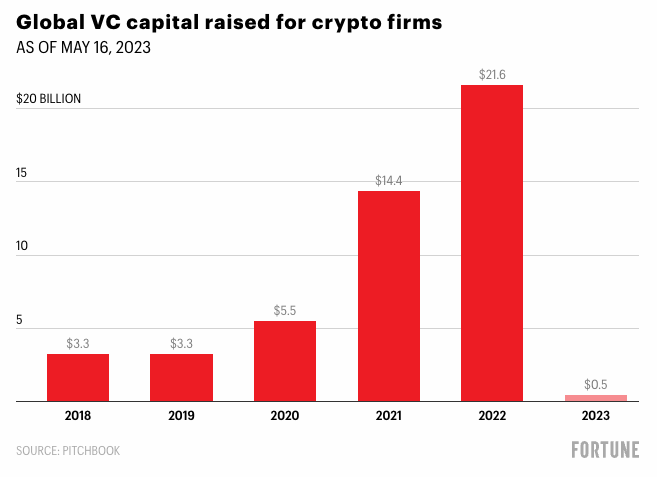- Joined
- Jul 18, 2007
- Messages
- 8,366
- Reaction score
- 1,236
in Rich Dad Poor Dad, he makes the point that it's only by taking (calculated) risks that you really get the rewards. playing it safe and doing wide diversity really just gets you a weak return.
personally I think it makes sense to do both. I invest a large chunk in stable stuff and then have a small bit for playing around to try and up my average return.
at this point, I'm late 20's, just starting out, so i'm basically building a 70/30 portfolio trading ETF's (buy/hold and rebalance quarterly, mostly Vanguard type stuff) and once I've got enough of that as a dollar amount, I'll start playing around with say 5-10% in individual stocks as fun money
personally I think it makes sense to do both. I invest a large chunk in stable stuff and then have a small bit for playing around to try and up my average return.
at this point, I'm late 20's, just starting out, so i'm basically building a 70/30 portfolio trading ETF's (buy/hold and rebalance quarterly, mostly Vanguard type stuff) and once I've got enough of that as a dollar amount, I'll start playing around with say 5-10% in individual stocks as fun money
Last edited:
![Nod[1] :nodding: :nodding:](/styleforum_ads/smilies/nod[1].gif) ). Otherwise, you invest with a thumb up your ass. Would you like me to name 30 more like CSCO and ORCL?
). Otherwise, you invest with a thumb up your ass. Would you like me to name 30 more like CSCO and ORCL?


